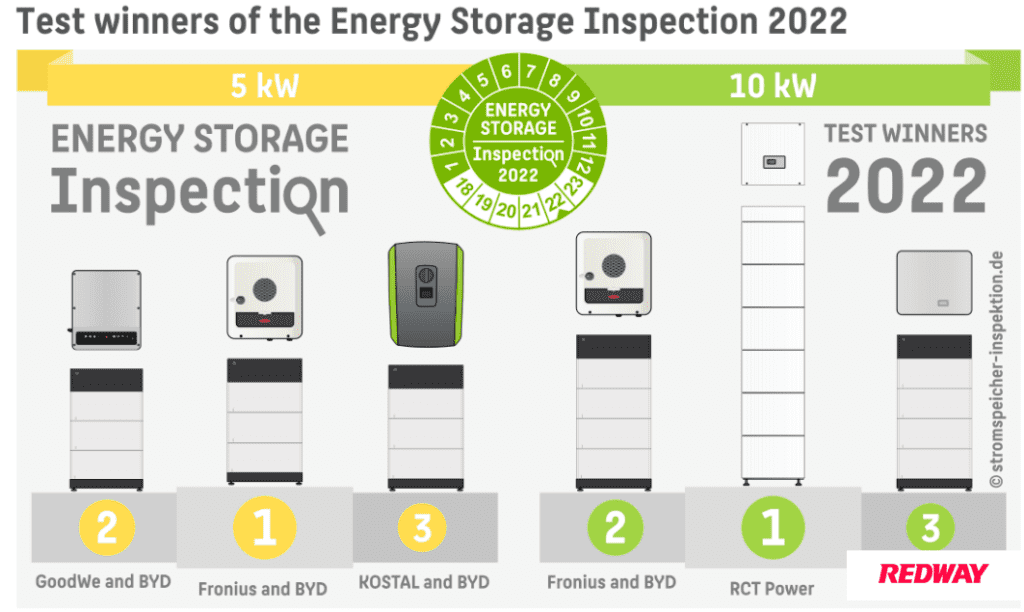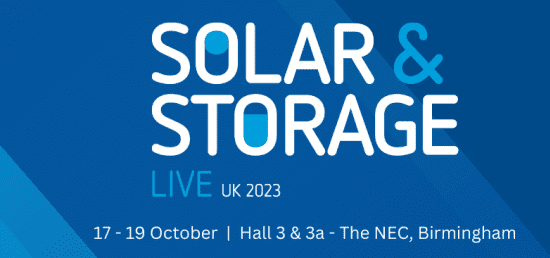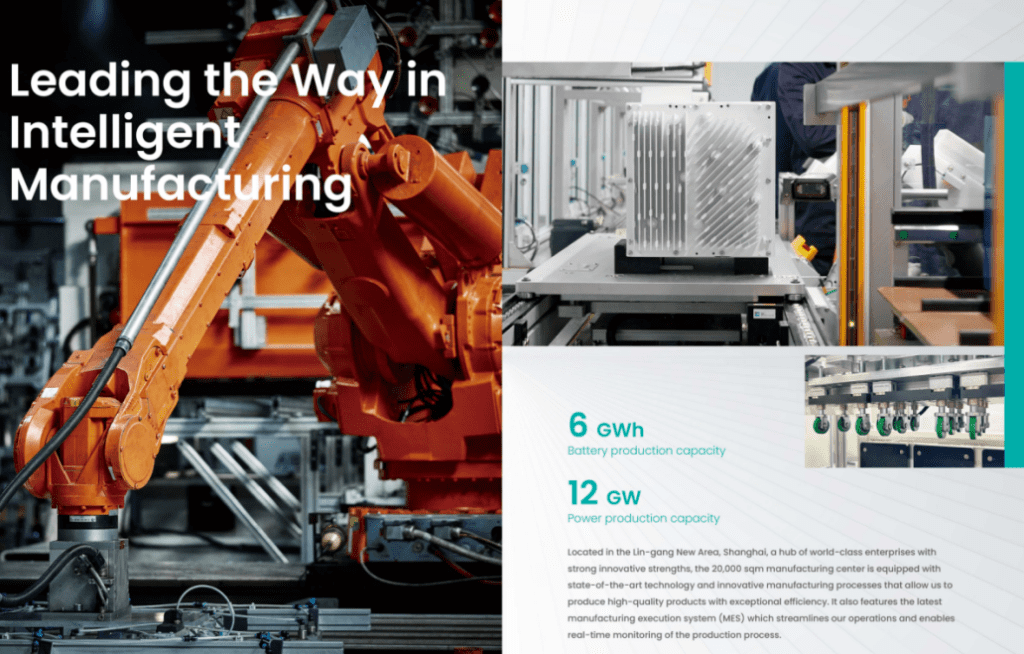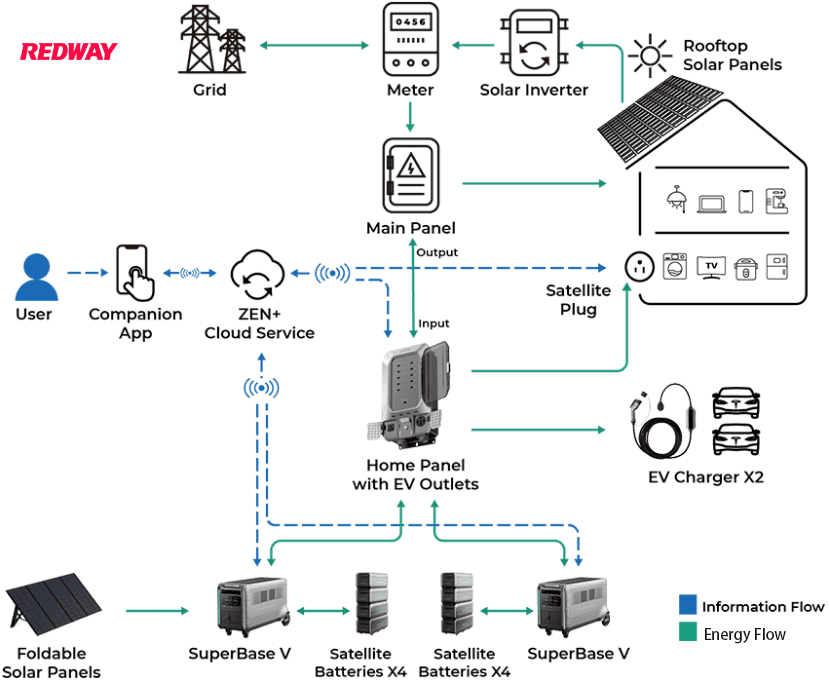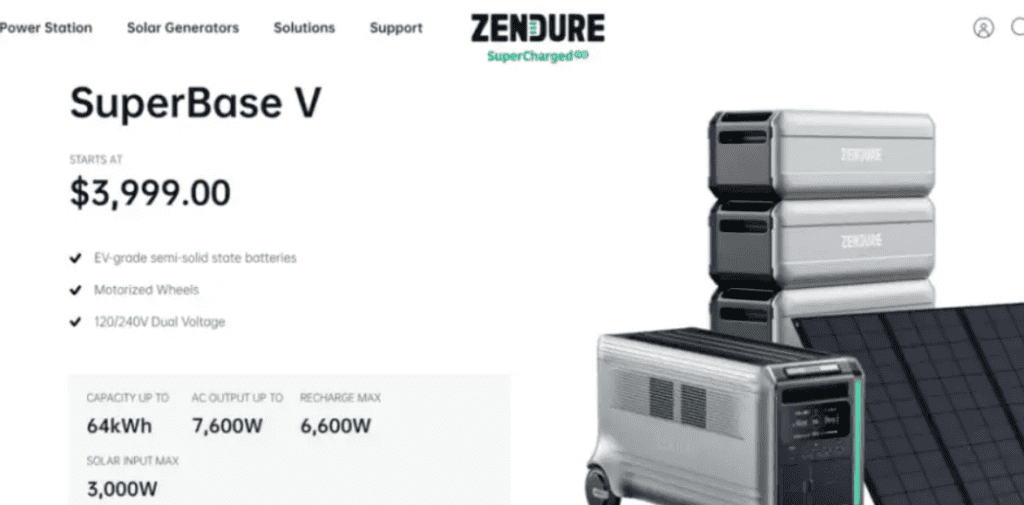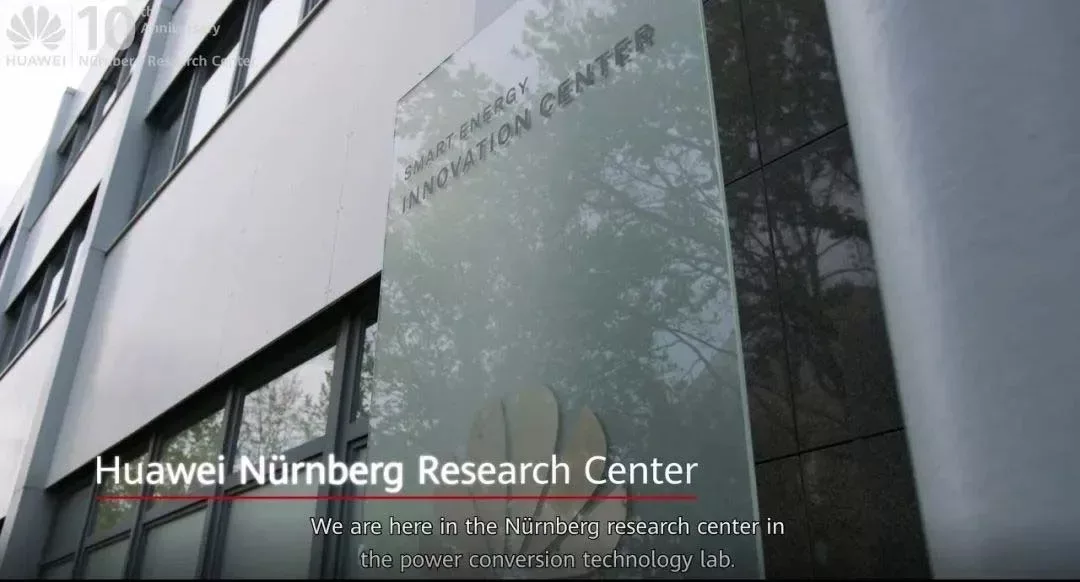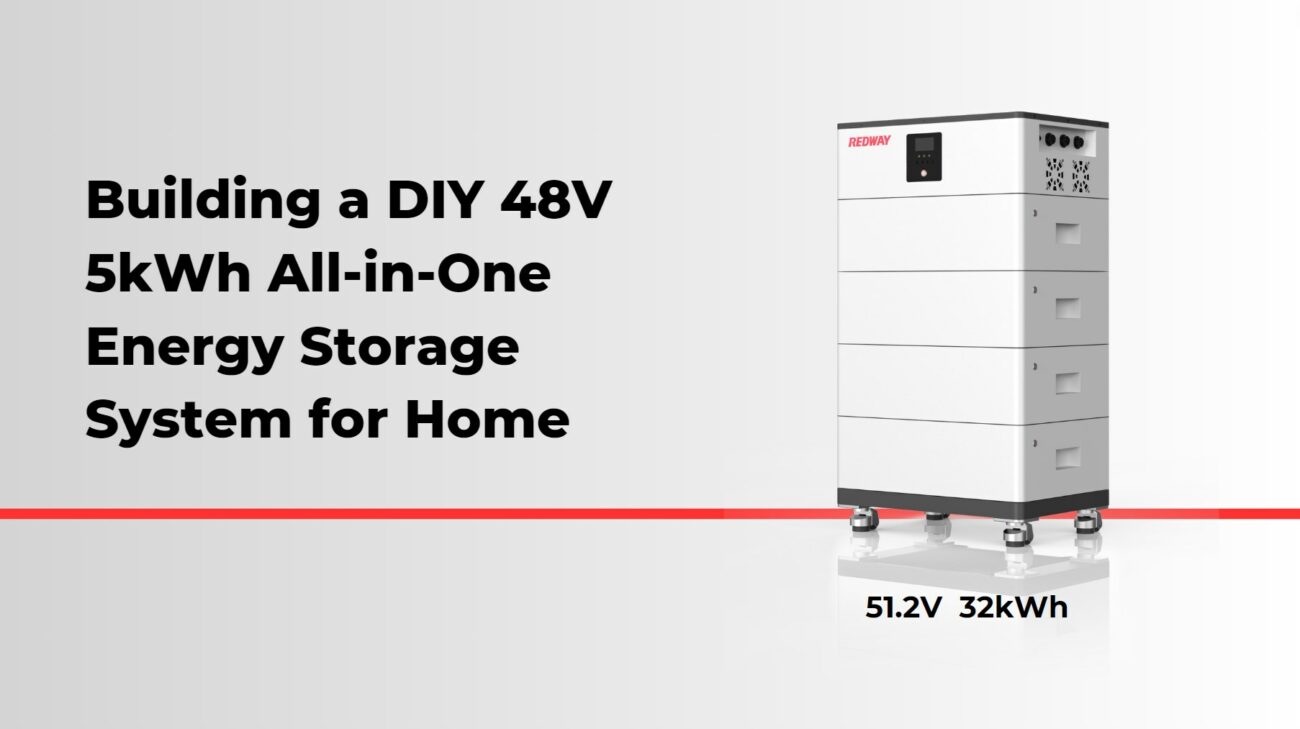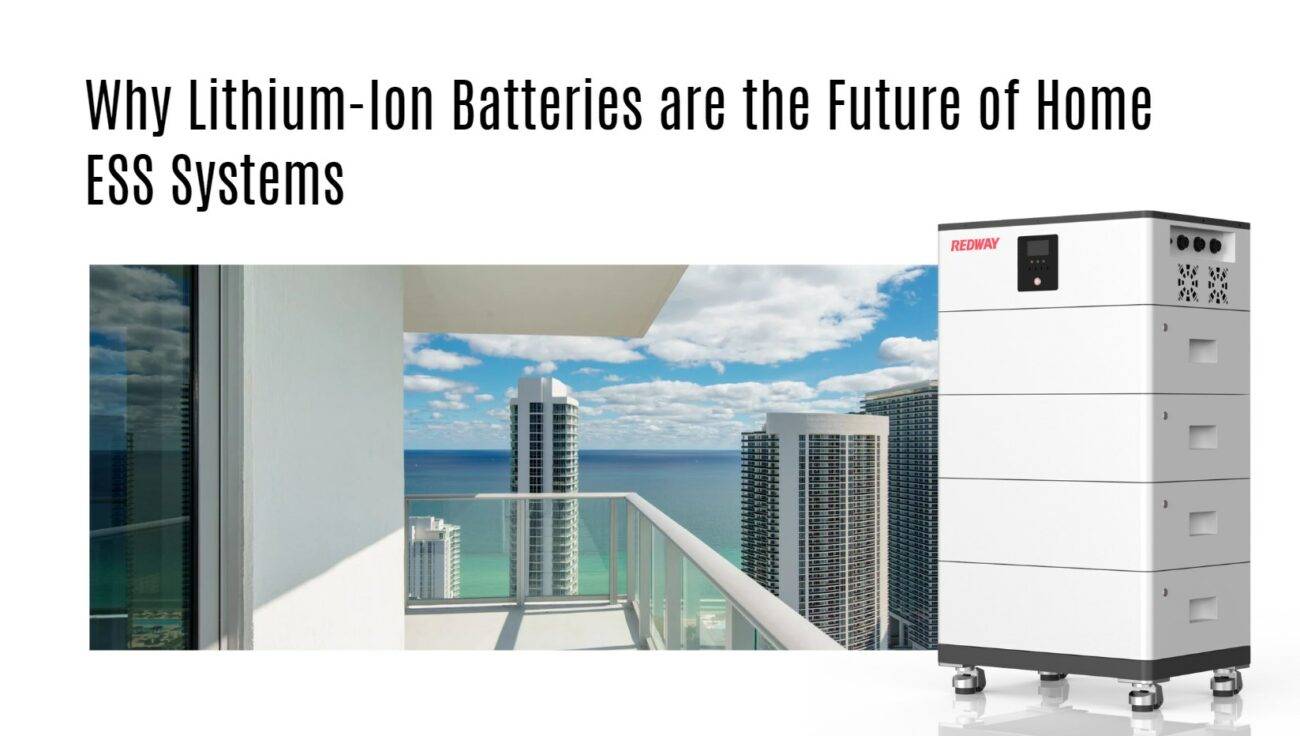In the rapidly evolving landscape of energy storage, BYD (Build Your Dreams) has established itself as a dominant force in the Home Energy Storage System (HOME-ESS) market. With its innovative technologies and strategic initiatives, BYD has positioned itself at the forefront of the industry, catering to the growing demand for sustainable energy solutions. This article explores BYD’s significant achievements in the HOME-ESS market and its future prospects.
1. Overview of BYD’s Contributions to HOME-ESS
1.1 Company Background
Founded in 1995, BYD has evolved from a battery manufacturer to a global leader in electric vehicles and energy storage solutions. The company has made substantial investments in research and development, focusing on lithium-ion battery technology, particularly Lithium Iron Phosphate (LiFePO4) batteries. These batteries are known for their safety, longevity, and efficiency.
1.2 What is HOME-ESS?
HOME-ESS refers to systems designed for residential energy storage, allowing homeowners to store energy generated from renewable sources like solar panels. These systems enable users to manage their energy consumption more effectively, reduce reliance on grid electricity, and lower energy bills.
2. Achievements of BYD in the HOME-ESS Market
2.1 Market Leadership
BYD has achieved significant market share in the HOME-ESS sector:
- Sales Growth: The company reported impressive sales figures, particularly in Europe and North America, where demand for home energy storage solutions is surging.
- Installed Capacity: BYD has installed thousands of HOME-ESS units globally, establishing a strong presence in key markets.
2.2 Innovative Product Offerings
BYD’s commitment to innovation has led to the development of advanced energy storage products:
- Battery Technology: The use of LiFePO4 technology ensures high safety standards and long cycle life, making BYD batteries reliable for home use.
- Modular Design: BYD’s products feature modular designs that allow for easy scalability, enabling homeowners to customize their systems based on energy needs.
2.3 Strategic Partnerships
BYD has formed strategic alliances with various stakeholders:
- Collaborations with solar panel manufacturers enhance the integration of solar energy with home storage solutions.
- Partnerships with utility companies facilitate the deployment of smart grid technologies that optimize energy usage.
3. Competitive Advantages of BYD’s HOME-ESS Solutions
3.1 Cost Efficiency
BYD has successfully reduced production costs through economies of scale:
- Affordable Pricing: Leveraging extensive manufacturing capabilities allows BYD to offer competitive pricing without compromising quality.
3.2 Comprehensive Ecosystem
BYD provides a complete ecosystem for energy generation, storage, and utilization:
- Integrated Solutions: The company’s products include not only batteries but also solar panels and electric vehicle charging stations, enabling seamless integration for users.
3.3 Focus on Sustainability
Sustainability is at the core of BYD’s business model:
- By promoting renewable energy solutions, BYD contributes to global efforts aimed at reducing carbon emissions and combating climate change.
4. Future Prospects for BYD in the HOME-ESS Market
4.1 Expansion into New Markets
BYD is actively exploring opportunities in emerging markets:
- As countries invest more in renewable energy infrastructure, BYD aims to establish a presence in regions such as Southeast Asia and Africa.
4.2 Technological Advancements
The company continues to invest heavily in research and development:
- Innovations in battery chemistry and management systems will enhance performance and efficiency, keeping BYD at the forefront of the industry.
4.3 Government Policies and Incentives
Supportive government policies are likely to boost demand for HOME-ESS solutions:
- Incentives for renewable energy adoption will create favorable conditions for BYD’s products.
5. Challenges Facing BYD in the HOME-ESS Market
Despite its successes, BYD faces several challenges:
5.1 Intense Competition
The HOME-ESS market is becoming increasingly competitive:
- Established players like Tesla and emerging startups pose significant challenges to BYD’s market share.
5.2 Supply Chain Issues
Global supply chain disruptions can impact production capabilities:
- Ensuring a stable supply of raw materials like lithium is crucial for maintaining production levels.
5.3 Regulatory Hurdles
Navigating regulations regarding hazardous materials can complicate recycling efforts:
- Compliance with varying regulations may require additional resources and adaptations.
6. Conclusion
BYD’s achievements in the HOME-ESS market underscore its commitment to innovation and sustainability. With a strong product lineup backed by advanced technology, strategic partnerships, and a focus on cost efficiency, BYD is well-positioned to continue leading the industry.As we look toward the future, BYD’s expansion into new markets and ongoing technological advancements will play a pivotal role in shaping the landscape of home energy storage solutions. With our extensive experience in manufacturing Lithium LiFePO4 batteries at Redway Battery, we remain committed to supporting sustainable energy practices worldwide. For quick quotes or more information about our products, please contact us today!




